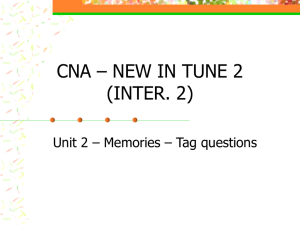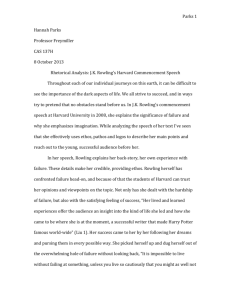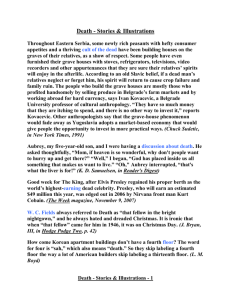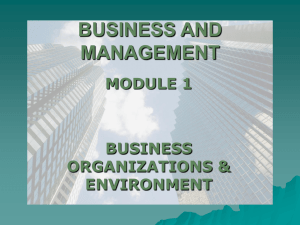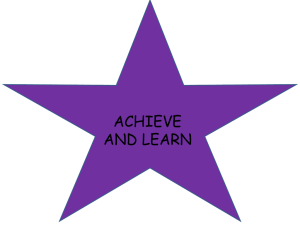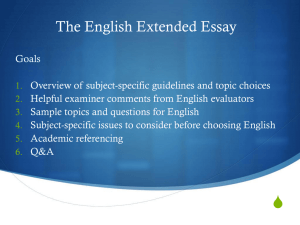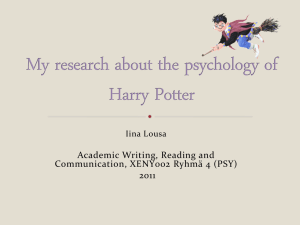Analysis of JK Rowling`s Harvard Commencement Speech
advertisement
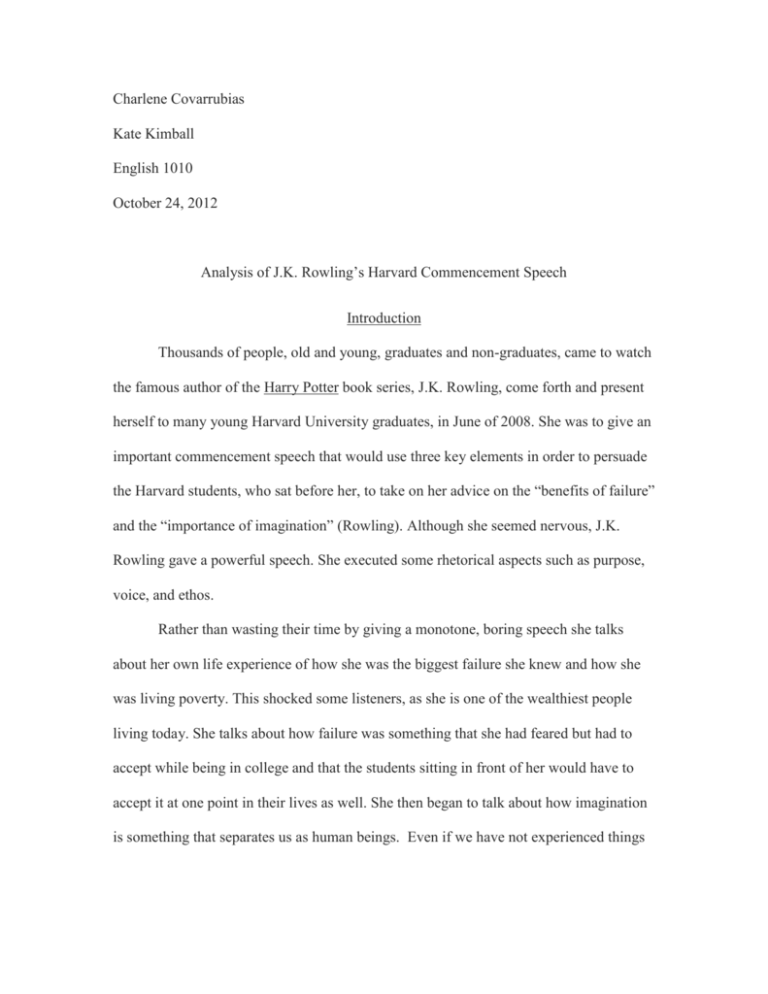
Charlene Covarrubias Kate Kimball English 1010 October 24, 2012 Analysis of J.K. Rowling’s Harvard Commencement Speech Introduction Thousands of people, old and young, graduates and non-graduates, came to watch the famous author of the Harry Potter book series, J.K. Rowling, come forth and present herself to many young Harvard University graduates, in June of 2008. She was to give an important commencement speech that would use three key elements in order to persuade the Harvard students, who sat before her, to take on her advice on the “benefits of failure” and the “importance of imagination” (Rowling). Although she seemed nervous, J.K. Rowling gave a powerful speech. She executed some rhetorical aspects such as purpose, voice, and ethos. Rather than wasting their time by giving a monotone, boring speech she talks about her own life experience of how she was the biggest failure she knew and how she was living poverty. This shocked some listeners, as she is one of the wealthiest people living today. She talks about how failure was something that she had feared but had to accept while being in college and that the students sitting in front of her would have to accept it at one point in their lives as well. She then began to talk about how imagination is something that separates us as human beings. Even if we have not experienced things that others had experience, we can imagine it in our minds; the emotions one is going through, and put ourselves into their shoes. Purpose Purpose is a crucial tool because it keeps one organized and focused on why they are saying what they are saying, without going off topic and losing the audience. The purpose is also to tell a story or convey insight and explain what has happened in her life, which is exactly what J.K. Rowling does. Rowling organizes her speech into four parts: introduction, failure, imagination, and her conclusion. She does not go off topic, but instead sticks to the order of these four topics so that her audience can follow along. As she goes farther into her speech she then goes into more detail by telling her own story, “Half my lifetime ago, I was striking an uneasy balance between the ambition I had for myself, and what those closest to me expected of me…” (Rowling). She uses these relatable and reliable stories to encourage the graduates to do what they want to do. She then encourages them to take action and use their imagination while overcoming failure, “If you retain the ability to imagine yourself into the lives of those who do not have your advantages, then it will not only be your proud families who celebrate your existence, but thousands and millions of people whose reality you have helped changed” Pathos Pathos is an important device used in Rowling speech because it shows how she really cares about the subject of this matter. All the words Rowling decides to use within her speech have a motivational and emotion appeal. Rowling uses it to connect to her listener. She states, “not only has Harvard given me an extraordinary honor, but the weeks of fear and nausea I have endured at the thought of giving this commencement address have made me lose weight” (Rowling). As J.K. Rowling speaks, her voice begins to shake; you can already tell that she is nervous. This connects Rowling with her audience in a sense that the graduates also feel nauseated, preparing for their day of transitioning into the real world and that they are fearful as to what will come next. Not only was this part of her speech relatable, but she also showed some of her wittiness by adding on that it made her lose weight. This lighted her mood a bit as she continued to speak with a little more confidence. This then resulted in lightening the mood of her audience. She continues in telling the graduates that she had not remembered a single thing that her commencement speaker said during her graduation. She then used her sense of humor by adding another joke after, and saying, “you see? If all you remember in years to come is the ‘gay wizard’ joke, I’ve come out ahead of Baroness Mary Warnock” (Rowling). Rowling also uses pathos near the end of her speech when demonstrating how imagination is important to have in your life. “Unlike any other creature on this planet, humans can learn and understand, without having experienced” (Rowling). Rowling uses pathos to demonstrate her own quote. She plays with the emotions of the graduates as she tells a heart-wrenching story of the “African research department at Amnesty International’s headquarters in London” (Rowling). A previous job she had. The audience that was laughing earlier turned quiet and you can tell that this was causing them to think about these people, and about the horrible things they’ve been through. Ethos Ethos is an important character that J.K. Rowling uses throughout her speech. She mentions things such as; “…convince myself that I am at the world’s largest Gryffindor reunion”, “…wizard”, and “magic”. When the audience hears this they link it with The Harry Potter book series, possibly the best-selling book series in history and also the books that she had written herself. Rowling then uses her ethos in convincing her audience that failure and imagination are two important tools to have through life. “I had failed on an epic scale…I was the biggest failure I knew” (Rowling). This statement alone might have surprised a few people knowing that Rowling is a wealthy and sophisticated woman and steers them to wonder how a woman who came from nothing, became a world wide know writer. “Some failure in life is inevitable” (Rowling). People tend to believe a reliable source or someone who they respect. If J.K. Rowling started off successful in life, rich, and famous before she even began to write her books, than her credibility, or ethos, would not be relevant. Instead, she started off a failure and continued to get as far as she did, this convinces the graduates’ that failure is something that we all need to face. Conclusion J.K. Rowling Work Cited Anthony, Susan B. "Susan B. Anthony On Women's Right to Vote." 1873. The History Place: Great Speeches Collection. 13 October 2012 <http://www.historyplace.com/speeches/anthony.htm>. Rowling, Joanne. "Text of J.K. Rowling's Speech." 5 June 2008. Harvard Gazette. 12 October 2012 <http://news.harvard.edu/gazette/story/2008/06/text-of-j-k-rowlingspeech/>. http://www.youtube.com/watch?v=wHGqp8lz36c
